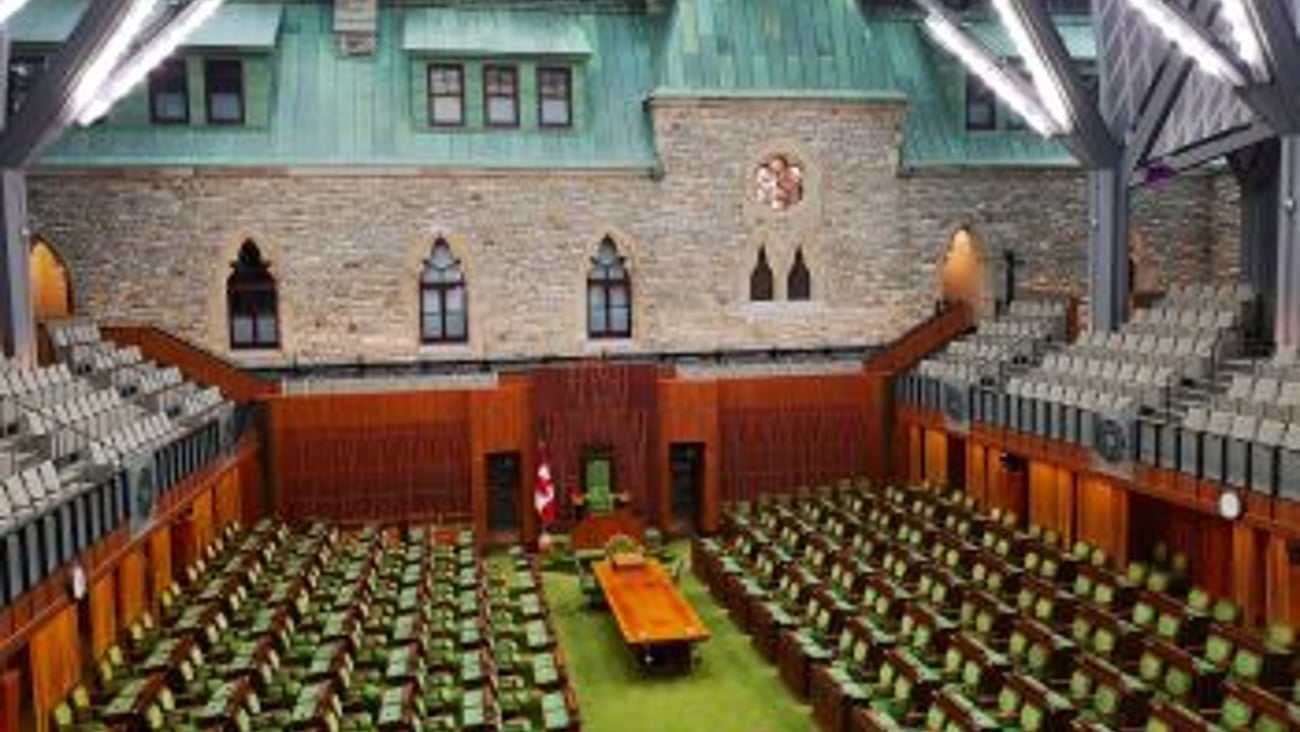Complacency on contraband is costing Canadians
“More than $1 million worth of illicit tobacco was seized…”
“RCMP say they seized more than $82,000 in cash and 23 cases of contraband tobacco…”
“Saskatchewan Highway Patrol seizes over $1.1 million in illegal tobacco…”
These might sound like headlines from a crime podcast. Unfortunately, however, these are real headlines from recent news stories that demonstrate the scope of the contraband tobacco problem in Canada.
While contraband busts generate regular headlines, the illegal tobacco trade often flies under the radar. And that’s due to the fact few Canadians really know what contraband tobacco is about, and who it impacts. Recent public opinion data conducted by the Convenience Industry Council of Canada (CICC)[1], which represents our businesses, suggests that nearly half of Canadians believe you can legally purchase tobacco online, out of the back of a truck, on the streets, or on an Indigenous reserve.
To be clear: This is illegal. And it provides easy access to youth as there is no age verification in the illegal market.
Given that knowledge gap, many Canadians may also believe that contraband is a problem only impacting tobacco users. That is a big problem in itself. The reality is that this illegal activity threatens public safety by financing organized crime, hurts taxpayers and communities, and undermines public health objectives, no matter if you smoke or not.
Our responsible convenience stores and fuel stations, along with other business owners, see first-hand how the illegal market has driven customers away from our stores to purchase the much cheaper alternatives. During the pandemic, when smoke shops were closed due to lockdowns, the sales of illegal tobacco products plummeted. Naturally, sales of legal tobacco rose significantly as well. However, when these manufacturing facilities re-opened, the sale of legal tobacco dropped once again. Losing sales to the illegal tobacco trade was not just a pandemic phenomenon. New data from Ernst & Young Canada[2] demonstrates sharp declines in legal tobacco sales in provinces like BC, Ontario and Newfoundland the past three years. In Newfoundland alone, sales of legal tobacco have dropped by almost 50%—a shocking number that simply does not correlate with the rate at which people are giving up smoking.
READ: Canadians losing billions to organized criminals selling contraband tobacco: Report
Of course, there is a literal cost to our businesses the longer this complacency towards contraband continues. But Canadians have many other reasons to care about addressing this crisis. For instance, the programs and services Canadians rely on are continually underfunded by forgoing uncollected tax revenue on illegal tobacco. And the amount of money governments miss out on is staggering: In the last three years, British Columbia has lost upwards of $215M, Ontario $990M, and Newfoundland $25M as a result of this illegal activity.
Just imagine how that funding could have been used to address growing public safety issues, or the ongoing mental health and addictions crisis, or education, or critical infrastructure in these provinces.
Given these numbers, one might wonder who actually benefits from contraband sales. The truth is that the money goes directly to organized crime groups, who have realized that contraband is a far more lucrative trade for them than other illegal substances. Contraband is eight times more profitable than trafficking cocaine, with significantly lower risks and punishments, if caught. The same study referenced earlier, draws a direct correlation between price increases on legal tobacco products and an uptick in illegal sales, as these products are often less than half of the cost of a legal product.
Fortunately, this is a problem with several solutions. Provincial and federal governments could address this by increasing resources for law enforcement and strengthening penalties for those who are caught trafficking contraband tobacco. They could look to the province of Quebec, which has provided a financial incentive to law enforcement through the use of proceeds of crime from illegal tobacco busts—a move that has had a significant impact on what was once the hub for illegal tobacco activity in Canada. Governments could, and should, be willing to engage the public to raise awareness of the consequences of this illegal activity alongside other smoking cessation initiatives, as the prevalence of contraband undermines public health objectives. And, governments should be transparent about revenue losses and what measures they have taken to address the problem.
This is of concern to all Canadians because of the direct impact it has on their local convenience store and by extension, their community. They don’t think it is fair that these stores who serve their communities have to compete with organized crime; more than 75% of Canadians agree that governments should work on meaningful solutions to help with these challenges that can cause c-stores to close, according to CICC public opinion research.
Action on this issue is a win-win-win: for governments, law-abiding businesses and the communities they serve.





